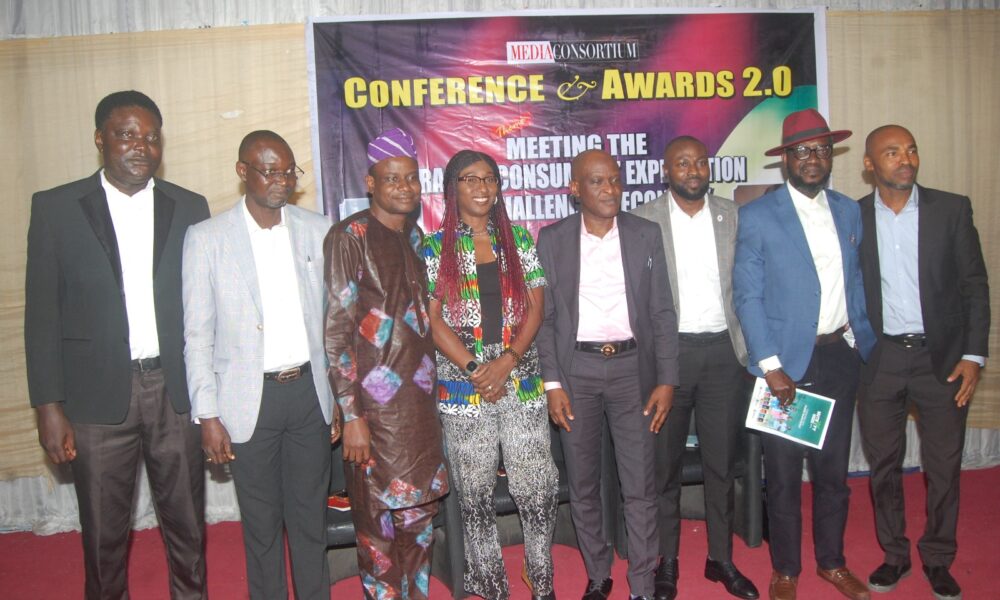In recent years, Nigeria’s industrial landscape has undergone significant transformation, thanks to the integration of automation and smart technologies. These advancements are helping businesses streamline their operations, enhance productivity, and overcome longstanding challenges such as inefficiency and high production costs. As industries across the country embrace the potential of technology, Nigeria is moving toward a more competitive and sustainable future in global markets.
The Rise of Automation in Nigerian Industry
Automation refers to the use of technology to control and monitor production processes with minimal human intervention. In Nigeria, automation is increasingly being adopted in industries such as manufacturing, oil and gas, and agriculture. These sectors, traditionally reliant on labor-intensive methods, are now benefiting from automated systems that improve accuracy, speed, and efficiency.
For instance, in the manufacturing sector, companies are integrating automated production lines that replace manual tasks. These systems handle repetitive operations such as assembly, sorting, and packaging with precision, significantly reducing the margin for human error. This shift not only cuts down labor costs but also ensures faster production cycles, enabling Nigerian manufacturers to compete with international counterparts.
“Automation is essential for industries to remain competitive in today’s fast-paced global market,” says Emeka Ibe, a Nigerian manufacturing consultant. “By automating repetitive tasks, companies can increase output, reduce operational costs, and improve product quality.”
Smart Technologies: The Industrial Revolution 4.0 in Nigeria
Beyond basic automation, smart technologies—powered by artificial intelligence (AI), machine learning, and the Internet of Things (IoT)—are taking industrial processes to the next level. These technologies enable machines to learn from data, predict outcomes, and communicate with each other to optimize performance without human intervention.
In Nigeria’s oil and gas sector, for instance, IoT sensors are being deployed to monitor pipelines, detect leaks, and predict equipment failures before they occur. This proactive approach reduces the risk of costly downtimes and accidents, improving the safety and efficiency of operations. Similarly, AI-driven data analytics systems help oil companies track market trends, forecast production needs, and make more informed decisions regarding supply chain management.
“The adoption of smart technologies like IoT and AI is transforming Nigeria’s oil and gas sector,” explains Olusegun Adedeji, an oil and gas expert. “These technologies are enabling companies to operate more efficiently, cut down on waste, and ensure better safety standards.”
Addressing Nigeria’s Infrastructure and Efficiency Challenges
For decades, Nigeria’s industrial growth has been hampered by challenges such as unreliable power supply, poor infrastructure, and outdated equipment. Automation and smart technologies offer practical solutions to many of these issues. For example, smart grids and automated energy management systems can optimize power consumption, ensuring more reliable electricity usage in industries that are heavily affected by power shortages.
Additionally, in sectors like agriculture, automated irrigation systems and AI-powered drones are enhancing efficiency in farming. These technologies allow farmers to monitor crop health, manage resources more effectively, and increase yields, which is critical to improving food security in Nigeria.
“As Nigeria faces infrastructure challenges, technology is providing a way to mitigate their impact on industrial productivity. Automation and AI are giving us the tools to work smarter, even in a difficult environment,” says Adebayo Olayemi, an industrial engineer based in Lagos.
The Impact on the Workforce
While automation and smart technologies are boosting efficiency, they also raise questions about the future of the workforce. As machines take over repetitive and labor-intensive tasks, some worry about the potential for job displacement, particularly in sectors like manufacturing, where manual labor has traditionally played a significant role.
However, experts argue that rather than eliminating jobs, automation is creating new opportunities for skilled workers. As industries adopt more advanced technologies, there is an increasing demand for professionals with expertise in robotics, AI, and data analytics. This shift underscores the need for upskilling Nigeria’s workforce to meet the demands of the digital economy.
“Automation isn’t about replacing workers—it’s about making processes more efficient. The key is to ensure that employees are trained in the new skills needed to operate and maintain these technologies,” notes Funmi Olawale, a human resources consultant. “The future of work in Nigeria will be shaped by how well we can adapt and upskill our labor force to take advantage of these changes.”
Challenges and the Way Forward
Despite the numerous advantages of automation and smart technologies, Nigeria’s industries still face significant challenges in adopting these innovations. One major hurdle is the cost of implementation, as many businesses, particularly small and medium-sized enterprises (SMEs), struggle with limited access to capital for technology upgrades. Additionally, the country’s infrastructure, including erratic electricity supply and poor internet connectivity, limits the potential of some smart technologies that rely on continuous data flow.
The Nigerian government and private sector must work together to address these challenges. Investments in infrastructure, access to funding for technology upgrades, and training programs for the workforce are all critical to fostering a technology-driven industrial future.
Speaking on this issue, Shina Idowu, an expert in industrial processes and automation, believes that the integration of automation and smart technologies is rapidly reshaping Nigeria’s industrial landscape.
According to him, these advancements are more than just tools—they are essential to modernizing industries and making them more competitive on both a local and global scale.
“Automation has been a game changer for industries in Nigeria, particularly in sectors like manufacturing, oil and gas, and even agriculture. By automating repetitive tasks, companies can cut down on production time, reduce errors, and significantly lower operational costs. In an environment like Nigeria, where inefficiencies in production have long been a challenge, automation offers a much-needed solution,” Idowu explains.
He also highlights the role of smart technologies, particularly artificial intelligence (AI) and the Internet of Things (IoT), in optimizing industrial processes. “With IoT sensors, companies can monitor equipment in real time, predict maintenance needs, and avoid costly breakdowns. AI-driven systems help businesses analyze large amounts of data, make more informed decisions, and enhance production efficiency. The ability to predict issues and optimize processes on the go is invaluable in maintaining smooth operations.”
Idowu stresses that automation and smart technologies are especially important in industries where precision and safety are critical, such as oil and gas. “In the oil and gas sector, automation helps reduce human involvement in dangerous operations, improving worker safety. Smart technologies like AI and IoT allow for better monitoring of pipelines and facilities, preventing leaks and minimizing environmental hazards. These technologies bring precision and reliability, which are crucial in high-risk industries.”
However, Idowu acknowledges that while the benefits are clear, there are still challenges that must be addressed. “The biggest challenge is the cost of implementing these technologies, especially for smaller businesses. There’s also the issue of training the workforce to operate and maintain these systems. But as more Nigerian companies embrace digital transformation, the overall cost of automation technologies will gradually decrease, making it more accessible.”
Shina Idowu believes that automation and smart technologies are the key to modernizing Nigeria’s industries and boosting their competitiveness. “The future of industrial processes lies in technology. Those who adopt and adapt will thrive, while those who remain stagnant will struggle to survive in an increasingly competitive global economy.”
Conclusion
Automation and smart technologies are streamlining industrial processes across Nigeria, offering a pathway to increased productivity, reduced costs, and improved competitiveness on a global scale. While challenges remain, particularly regarding infrastructure and workforce adaptation, the potential benefits of embracing these innovations far outweigh the obstacles. As more Nigerian industries integrate these technologies into their operations, the nation is positioning itself for a future where technology-driven growth plays a central role in its economic success.









